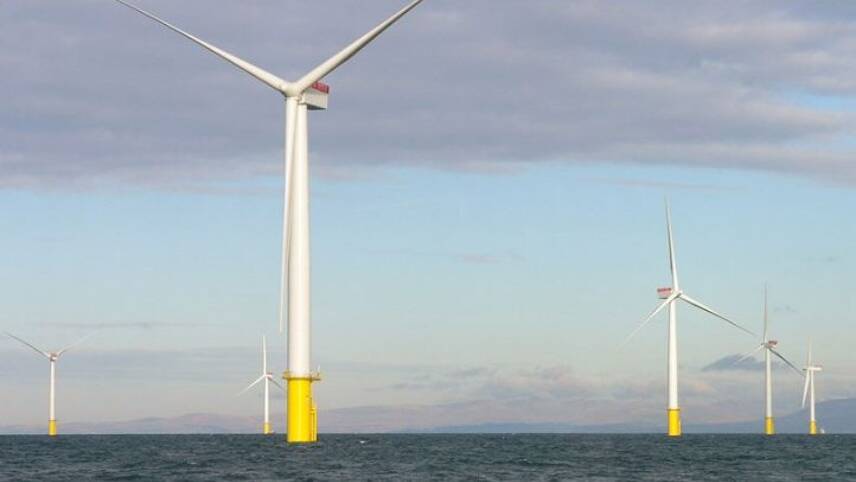Register for free and continue reading
Join our growing army of changemakers and get unlimited access to our premium content

Pictured: The Walney offshore wind farm
Britain’s windy coastline, leadership on climate, and commitment to clean energy have helped it become a global wind superpower. It should take this expertise and experience to global markets that are slower in decarbonising their energy systems.
This weekend in Japan, Rishi Sunak should take the opportunity to remind his G7 counterparts about the huge potential of offshore wind to bring down bills, support energy security, and slash emissions. There is no better place to make this argument than Japan.
While the UK has surged ahead in cementing its position as one of the world’s leading offshore wind powers, Japan has just dipped its toes into its waters with the start of its first offshore wind farm. Meanwhile, the UK is home to the four largest offshore windfarms in the world, with wind power that has increased seven-fold between 2010 and 2020.
The UK is well positioned to export its offshore wind knowledge to other countries around the world with similar maritime geographies, like Japan. We have already heard this week about Japanese businesses investing in the UK, including in offshore wind.
This week’s G7 hosts have a similar climate to the UK and, as an island nation, has abundant wind capacity. In fact, according to the International Energy Agency, Japan has the potential to satisfy its entire power needs nine times over through wind power alone. The UK stands to benefit if Japan starts to realise this potential.
Building on its new trade deal with Japan, the UK should be sharing its expertise with another nation, concerned with energy security and affordability with abundant renewable energy sources. Our energy policymakers and regulators should be fully engaged in climate diplomacy with other major nations. It’s also a chance for UK companies to share their talent in this sector and get a foothold in the huge growing decarbonisation market of Asia.
Ahead of the summit, G7 countries have already committed to increase their offshore wind capacity by 150 GW within the decade, alongside improved targets on solar power and commitments to speed up the phase out of fossil fuels.
But the world’s most developed economies must be more ambitious on offshore wind. The G7’s renewables targets must go even further to accelerate the switch to clean energy at the speed required to get off fossil fuels and keep the target of halting warming at 1.5 degrees C within reach.
At Climate Group, our RE100 campaign includes nearly 400 global businesses, committed to 100% renewable electricity. While our British and Japanese members have fully committed to a renewables pathway, Japan is the most challenging place to buy clean electricity. To remain competitive, Japan needs to remove existing barriers to offshore wind to swiftly increase supply. The UK should be doing everything it can to push the G7 to be bolder on offshore wind.
The UK has taken its foot off the pedal when it comes climate leadership since world leaders gathered in Glasgow for COP26. But at this week’s G7 meeting in Hiroshima, the Prime Minister has a prime opportunity to reclaim the UK’s leadership role.



Please login or Register to leave a comment.